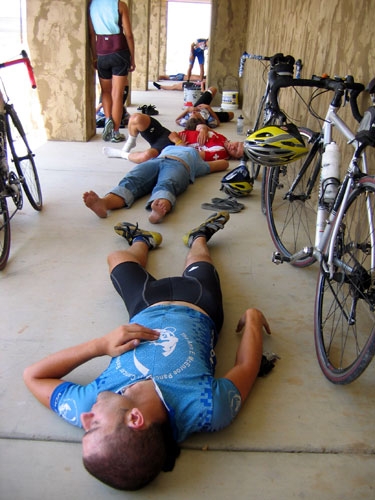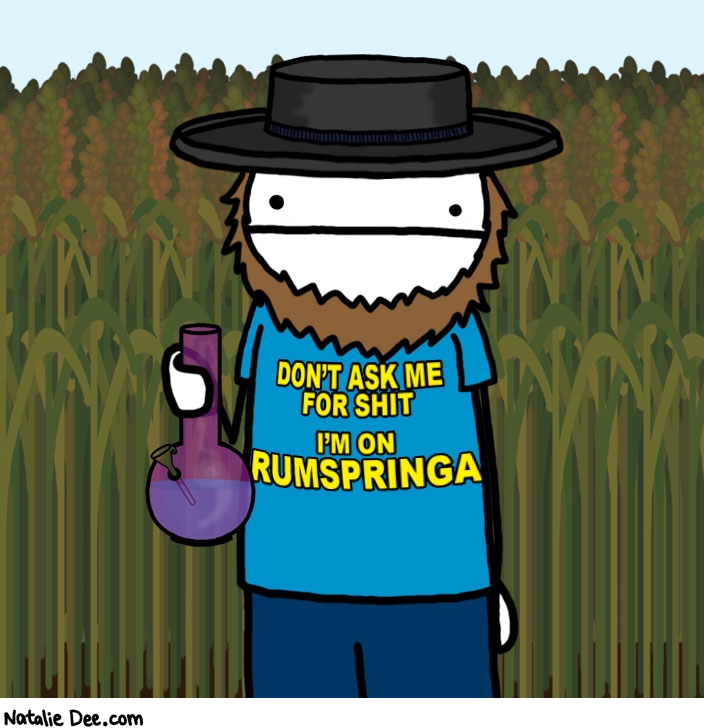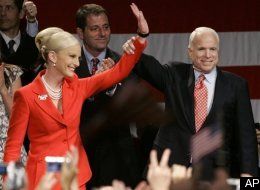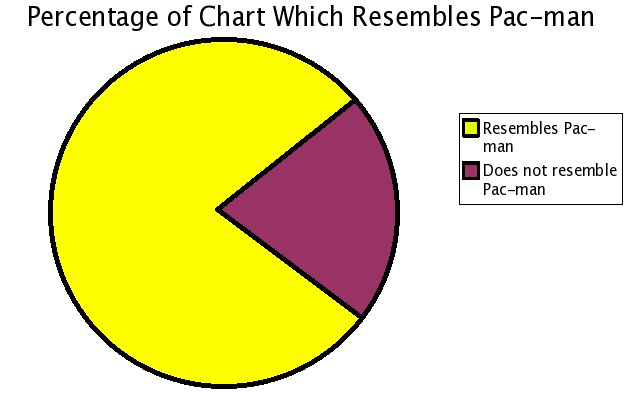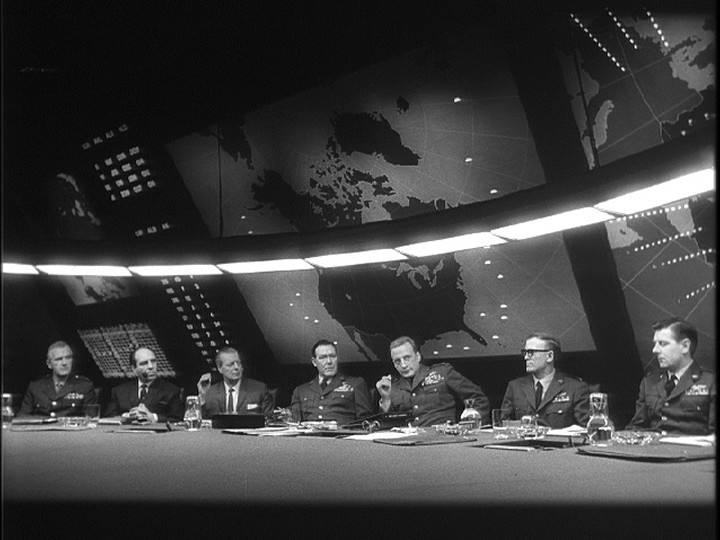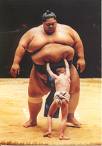 [from cyclingnews.com]
[from cyclingnews.com]The NorCal High School Mountain Bike League, which recently released a new rule book for its 2008 racing season, is banning the consumption of caffeine at their competitions. The stance is motivated by concerns for high school athletes' health, as well as in response to a tremendous surge of new caffeinated energy products and related marketing seen thus far in the 2000's.
Over the past few years, the League has seen an increase in caffeine usage amongst its athletes; some even strategising with timed consumption of caffeinated products on the final lap of a race. This is a "performance-enhancement-based mentality" the League would like to nip in the bud.
There are also health-related concerns associated with teenagers' caffeine consumption. Dr. Richard Stein, director of preventative cardiology at New York's Beth Israel Medical Center and a representative for the American Heart Association said, "What five years ago was considered outrageous doses of caffeine is now well within the range of expected doses. We will soon find out the effects of prolonged usage in high doses starting at an early age. In the past, that's always been a formula for poor health and mental outcomes." The bottom line is that research has yet to demonstrate that a high amount of caffeine intake is safe for young people.
For Matt Fritzinger, League founder and director, "the conversation began when I was approached for the second time by 'Brand X'. ‘Brand X' said themselves that youth, originally, were not in their marketing plan – but that 'Brand Y' (a leading coffee shop franchise) changed their minds. The marketing representative made it clear, they wanted 'product in hand.' I realized this is a lot like the cigarette industry was; they get the free samples out there, and then they can count on a percentage of life-long addicts. Though less harmful than cigarettes, the strategy is the same."
Fritzinger' concerns were fuelled by a changing attitude within the racing scene. "Over the next couple years I spoke with many high school athletes and coaches," he continued. "Some athletes admitted they were already 'addicted' to certain energy drinks, and I found that coaches were supportive of the ban."
Although there cannot be a test for caffeine consumption in races, Fritzinger trusts the proper guidance of the athletes will ultimately bear fruit. "There have been questions about enforcement. It's true that we do not have a test, but nor can we afford a test for steroids or EPO. However, we have a 3-to-1 ratio of dedicated adults working with the athletes, and with good coaching and education kids usually make the right decisions. On the other hand, those who try to get a boost, might get penalized if we find the wrong products during our random pocket-checks."
Guarana Root, Taurine and Creatine have also been banned. The text of the entire rule book is available at www.norcalmtb.org/race/rules.htm

